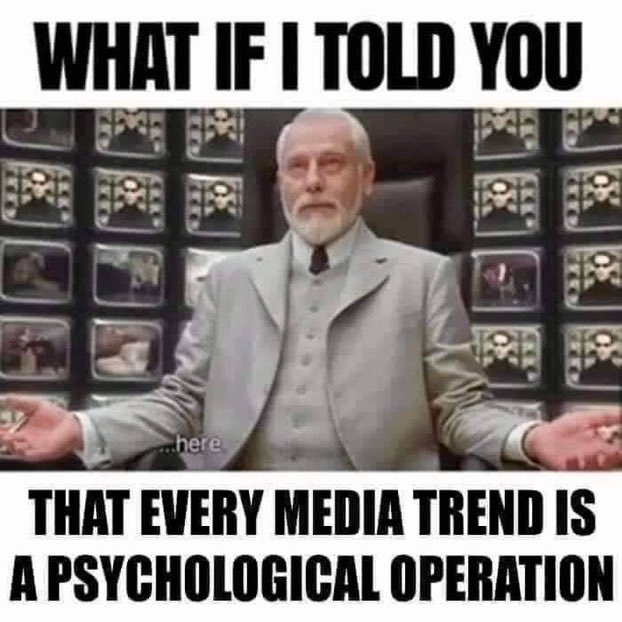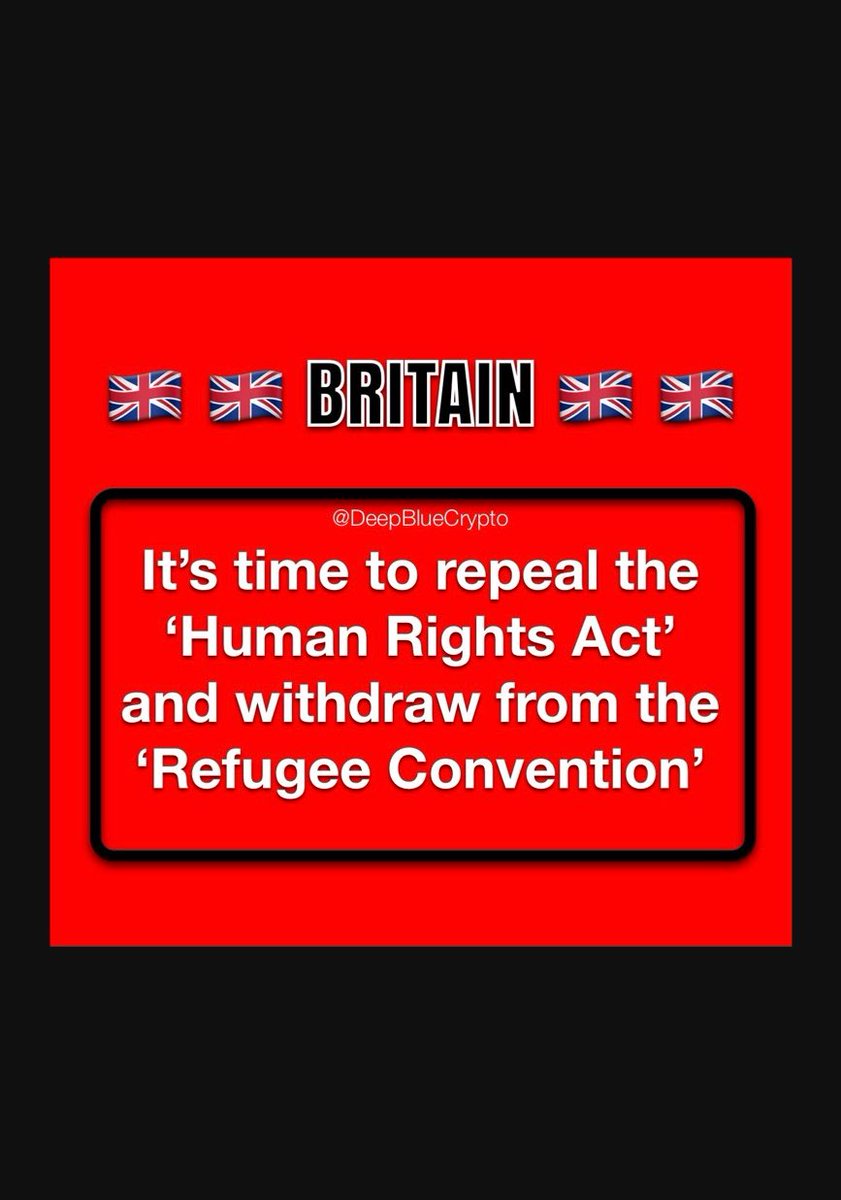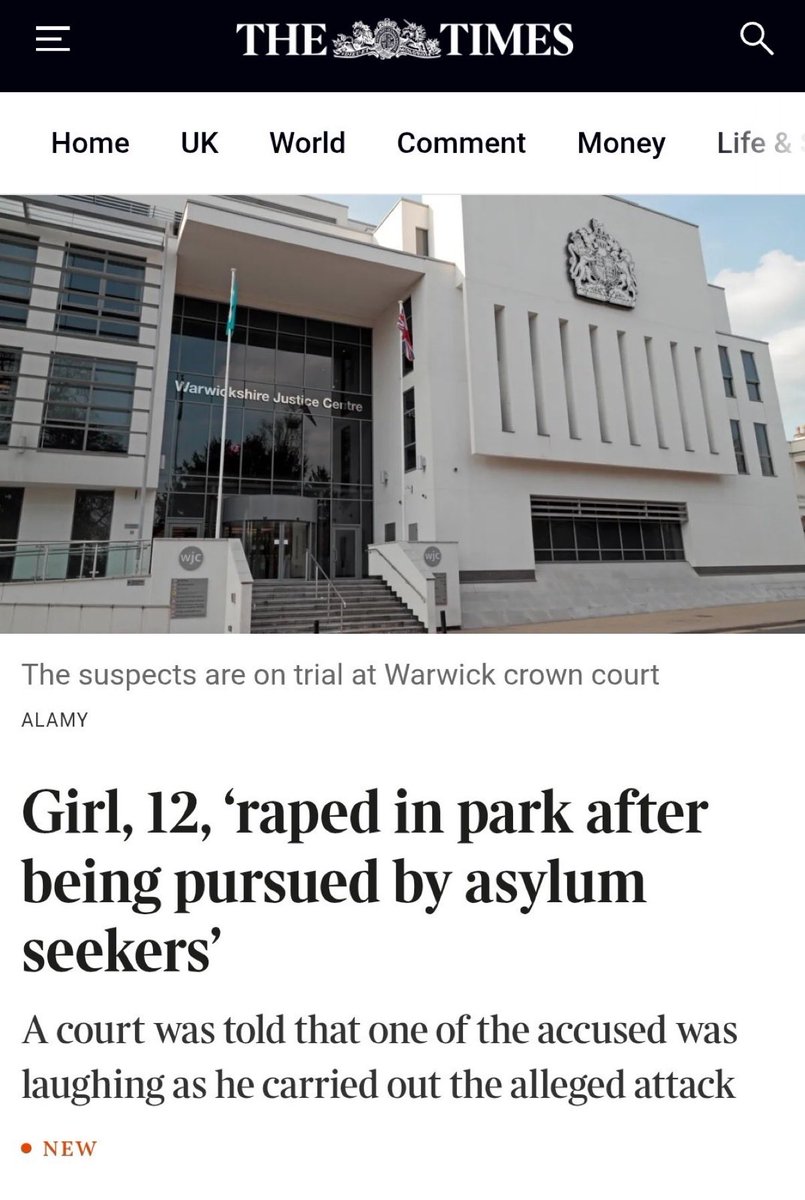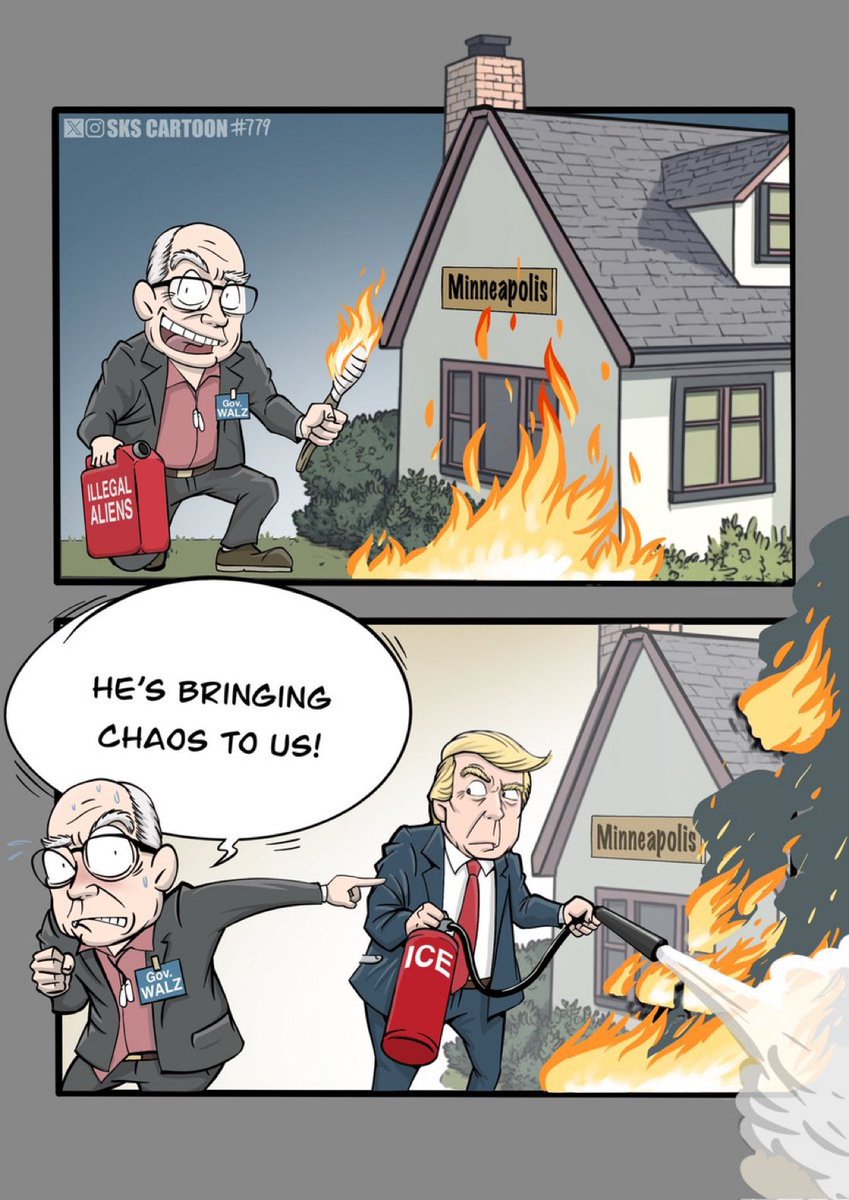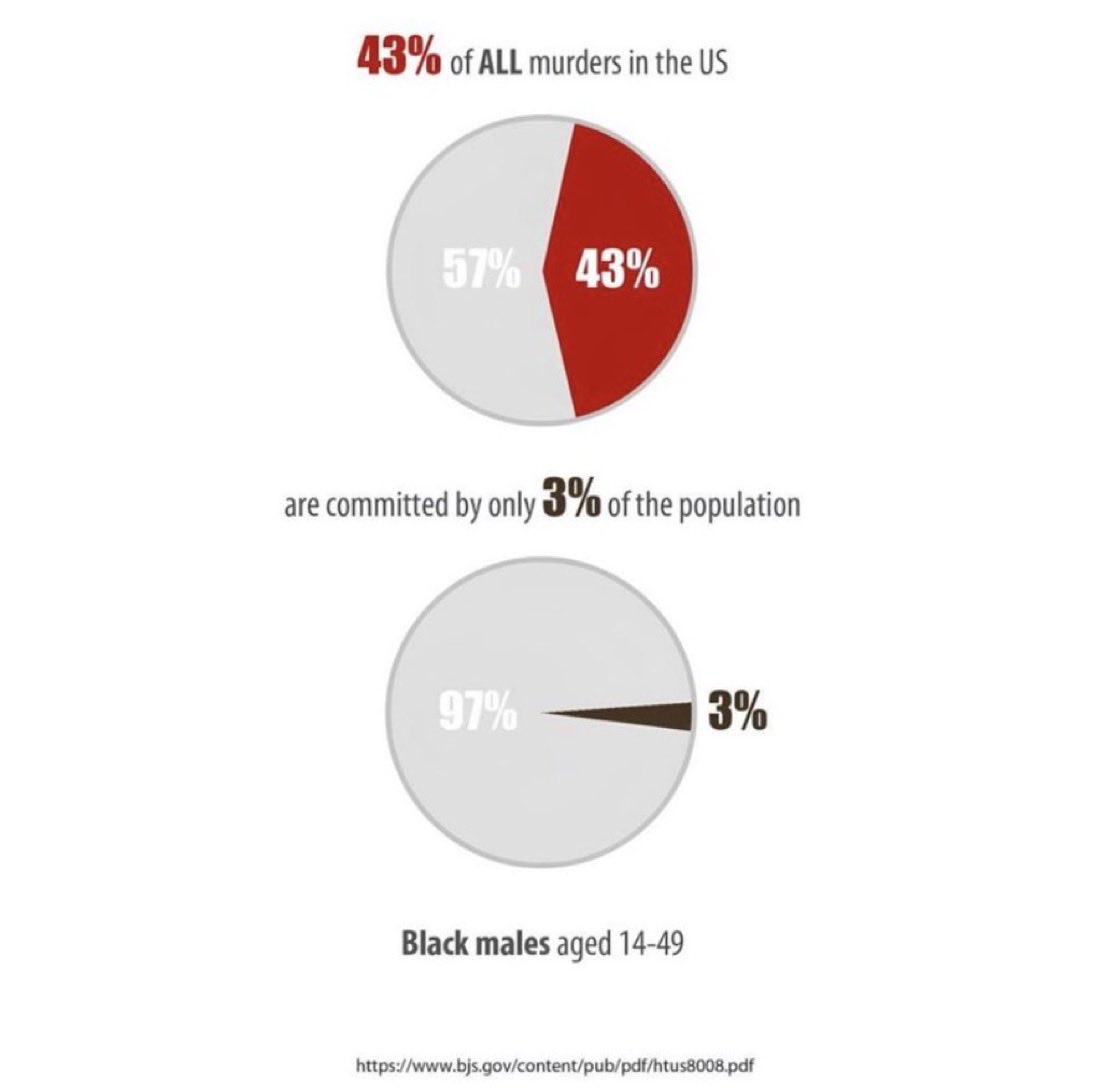Mainstream Media is so biased these days. You can almost always find that media follows money and power.
The days of independent media are long gone. Those in power control the media houses. Those with wealth control the messaging.
A thread 🧵 for your awareness
The days of independent media are long gone. Those in power control the media houses. Those with wealth control the messaging.
A thread 🧵 for your awareness

Here’s a prior thread on biased media
https://twitter.com/DeepBlueCrypto/status/1376579136391671809
Print media is out. With digital media its always about clicks, eyeballs, TRP ratings and views these days.
The faster someone keeps churning #BreakingNews the higher their ratings. Focus on the message & quality, not quantity & speed.
The faster someone keeps churning #BreakingNews the higher their ratings. Focus on the message & quality, not quantity & speed.

Before: Journalists used to ask questions and always keeping your governments & leaders in check.
Now: Journalists are fed specific curated information from media departments in a controlled manner.
Now: Journalists are fed specific curated information from media departments in a controlled manner.
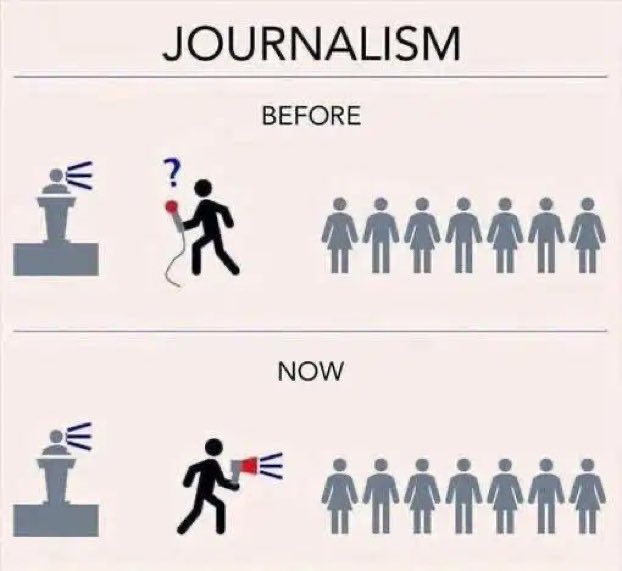
Weapons used to be the way they controlled things in the past. Oil and energy were once gold.
Information is the way they control things now. Data is the new gold.
Information is the way they control things now. Data is the new gold.
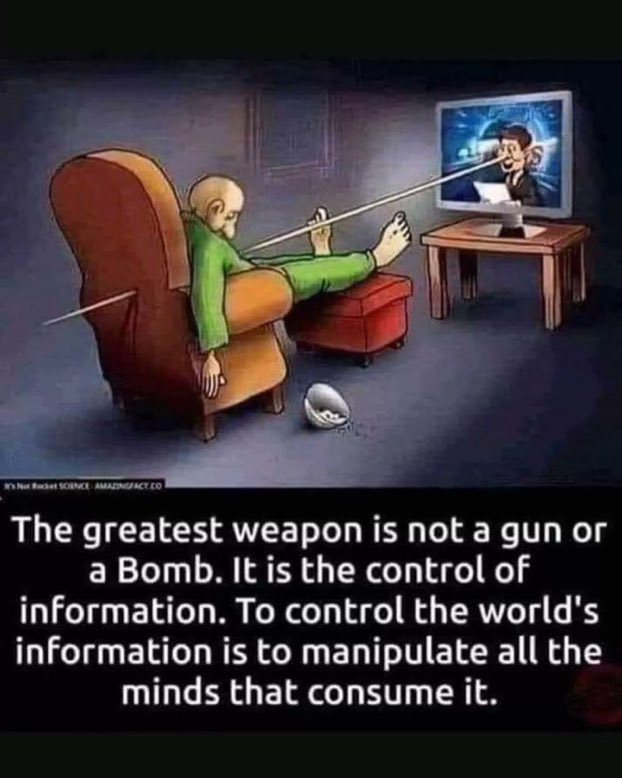
If you didn’t know media moguls control the politicians & governments all over the world… here’s an example 

If an eccentric billionaire opens up #FreedomOfSpeech completely, how can governments, politicians, FBI, CIA and all “RULERS WITHOUT RULES” kind of organizations censor media covertly under the guise of security 🤷♂️ 

Worst prisons aren’t behind bars, they’re within your own minds.
Mainstream media keeps repeating #misinformation so often, people start believing it as a truth.
Always question everything, don’t trust anyone blindly for ignorance by misinformation is the worst kind.
Mainstream media keeps repeating #misinformation so often, people start believing it as a truth.
Always question everything, don’t trust anyone blindly for ignorance by misinformation is the worst kind.

Media spreading fake news stories without checking the facts and their sources has become all too common.
FAKE NEWS, FEAR MONGERING & ESTABLISHMENT PROPAGANDA SPREADS LIKE WILDFIRE
THIS IS EXTREMELY DANGEROUS TO OUR DEMOCRACY
FAKE NEWS, FEAR MONGERING & ESTABLISHMENT PROPAGANDA SPREADS LIKE WILDFIRE
THIS IS EXTREMELY DANGEROUS TO OUR DEMOCRACY
Censorship runs rampant on social media & various digital platforms. Twitter is opening #FreedomOfSpeech and you find platforms like #Apple #Facebook & #Google blocking ads on Twitter. It’s almost as if they don’t support #FreedomOfSpeech at all 🤷♂️ 

Fortnight made a 1984 parody video of Apple monopoly & info censoring
Very appropriate for the amount of power these digital platforms hold
🔥🔥🔥🔥🔥
Very appropriate for the amount of power these digital platforms hold
🔥🔥🔥🔥🔥
@elonmusk going to war instead of paying 30% to the gatekeepers 

Apple has monopoly on AppStore
Google has monopoly on PlayStore
Amazon has monopoly on Shopping
Facebook has monopoly on Social
Together these 4 digital corps have monopoly on search, ads & service paymts. Apple & Google charge 30% cut on everything they sell on their stores 🤷♂️
Google has monopoly on PlayStore
Amazon has monopoly on Shopping
Facebook has monopoly on Social
Together these 4 digital corps have monopoly on search, ads & service paymts. Apple & Google charge 30% cut on everything they sell on their stores 🤷♂️

#TechMAGA has too much power
- Microsoft
- Apple
- Google
- Amazon
They can bundle services, charge you 30% for middlemen services, threaten to deplatform you, censor your information, sell your information to the government or highest bidder.
Break them down, control them 🤷♂️
- Microsoft
- Apple
- Amazon
They can bundle services, charge you 30% for middlemen services, threaten to deplatform you, censor your information, sell your information to the government or highest bidder.
Break them down, control them 🤷♂️

Media is biased all over the world including the oldest and the most reputed — #BBC
Here’s China's Ministry of Foreign Affairs taking #BBC to school on fake news & ethical journalism.
Here’s China's Ministry of Foreign Affairs taking #BBC to school on fake news & ethical journalism.
The New Zealand government has a backdoor access to Facebook to censor information.
No wonder they’re all so riled up about Twitter upholding #FreedomOfSpeech
No wonder they’re all so riled up about Twitter upholding #FreedomOfSpeech

Hey @nytimes you should stop spreading #misinformation without proper due diligence, sources & proofs
No ones gonna take you seriously if this keeps happening again & again
No ones gonna take you seriously if this keeps happening again & again

All wars are started with lies. Vietnam war, Iraq war, Somalia war, World War II are all started with lies.
Leaders and soldiers and not the only war criminals. Media journalists are also war criminals, spreading lies
Leaders and soldiers and not the only war criminals. Media journalists are also war criminals, spreading lies
https://twitter.com/sahouraxo/status/1599082545635000320
Because mainstream media is mostly left leaning, they don’t want to make it any worse for them by giving a bigger podium for @elonmusk and Twitter 

Elon Musk took extraordinary risk with the Twitter platform he just purchased by #twitterfiles
None of the mainstream media is covering this huge cover up
MEDIA IS LITERALLY COVERING UP THE COVERUP #FreedomOfSpeech
None of the mainstream media is covering this huge cover up
MEDIA IS LITERALLY COVERING UP THE COVERUP #FreedomOfSpeech

@joerogan is spot on with the mainstream media collusion with left wing establishment to spin news stories like the “Russian Propaganda”
Trump’s not a perfect guy, but he was right about the “Deep State” and the tight leash they have on media.
Trump’s not a perfect guy, but he was right about the “Deep State” and the tight leash they have on media.
NYPost 3 days after #twitterfiles 

Mainstream Media is avoiding the story because they’re the story. They’ll be incriminating themselves if this #twitterfiles story is run properly. 

A must read article on #TwitterFiles
- A nightmare we can't awaken from
- From rainbow buff Bernie to the laptop
- When 5 former CIA officials lied
mattbivens.substack.com/p/twitter-is-f…
- A nightmare we can't awaken from
- From rainbow buff Bernie to the laptop
- When 5 former CIA officials lied
mattbivens.substack.com/p/twitter-is-f…
FBI had a mole inside Twitter until today. He was leaking most important information to the highest levels in FBI and to the current administration apparently.
@elonmusk did a great job exiting him quickly from the team. Twitter should be lot less biased now.
@elonmusk did a great job exiting him quickly from the team. Twitter should be lot less biased now.

Here’s yet another FBI agent Elvis Chan from SFO office who was in regular touch with Facebook & Twitter
https://twitter.com/lhfang/status/1600259916182130688
FBI agents are on media payrolls
https://twitter.com/deepbluecrypto/status/1600266245722341376
• • •
Missing some Tweet in this thread? You can try to
force a refresh





